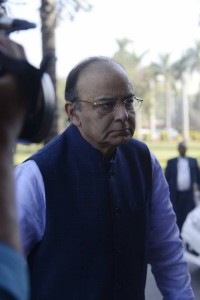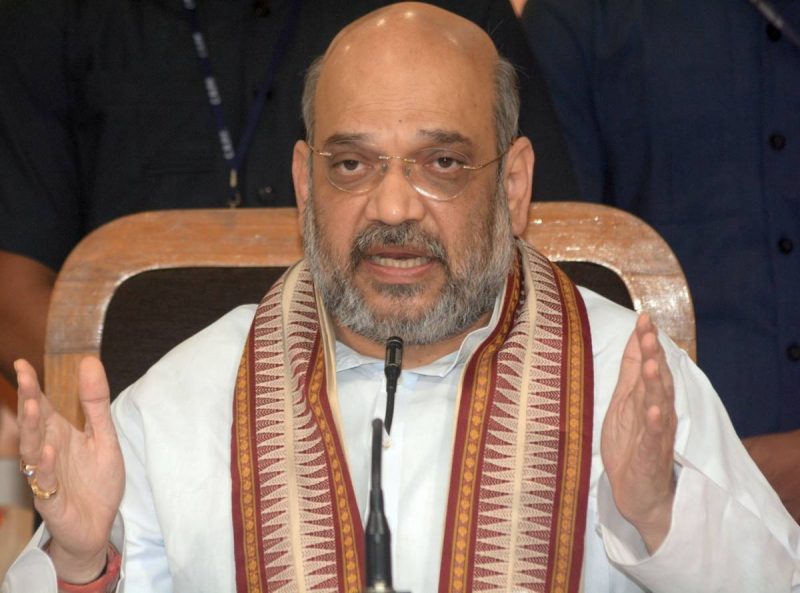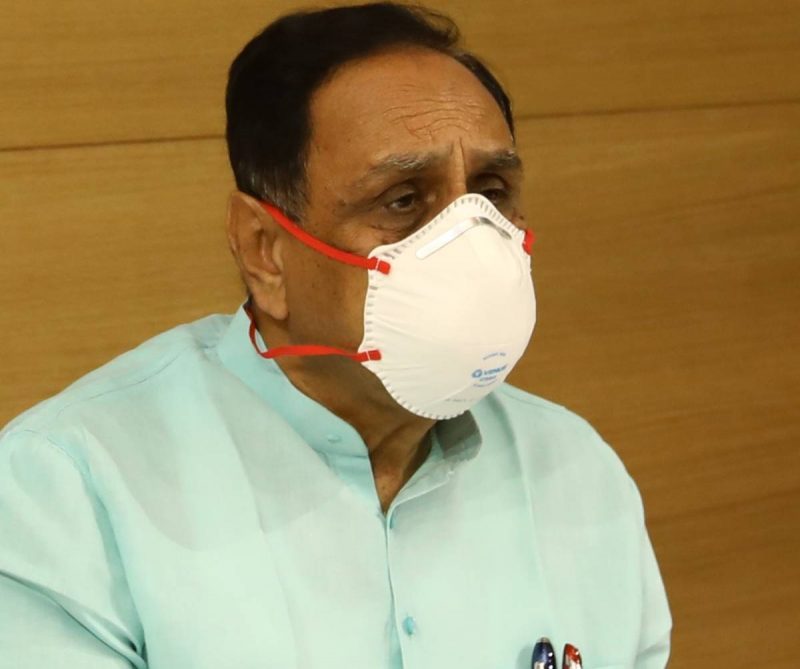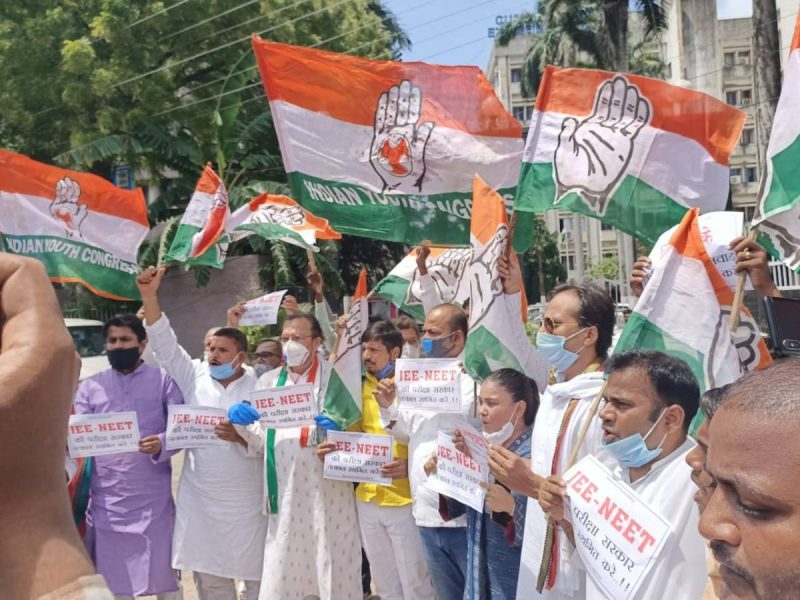75% penalty, surcharge on undisclosed income, new black money scheme launched….reports India Daily Newsdesk

Finance Minister Arun Jaitley on Monday introduced a bill in the Lok Sabha to amend the Income Tax rules, levying a tax of 60 per cent on undisclosed income or investment or cash credit deposited in the banks.
According to the Taxation Laws (Second Amendment) Bill, 2016, the declarant will have to pay a tax of 60 per cent and an additional surcharge of 25 per cent of the tax (i.e. 15 per cent of such income), resulting in a total tax amounting to approximately 75 per cent.
The amending legislation also gives discretionary power to the assessing officer to increase the penalty by 10 per cent of the total tax, thus raising the outgo to 82.5 per cent (75 per cent plus 10 per cent of that amount) of the unexplained or concealed income. No deductions or set-off is allowed on this amount.
The government has also come up with an income disclosure scheme called the Pradhan Mantri Garib Kalyan Yojana (PMGKY) 2016 which allows people to deposit money in their accounts till April 1, 2017, by paying 50 per cent of the total amount — 30 per cent as tax, 10 per cent as penalty and 33 per cent of the taxed amount, that is 10 per cent, as Garib Kalyan Cess.
The duration of the scheme will be announced later. The declarant will get immunity from prosecution under any law.
However, those who are prosecuted under the Naroctics Act, the Prevention of Money Laundering Act, or for holding ‘benami’ (by proxy) properties and smuggling offences are not eligible to declare their hidden income under the scheme.
Additionally, under this scheme, 25 per cent of the amount has to be locked up for four years in interest-free scheme.
“This amount is proposed to be utilised for the schemes of irrigation, housing, toilets, infrastructure, primary education, primary health and livelihood,” the Finance Ministry said in a statement.
The total amount so declared under this new income (PMGKY) will not be included in the total income of the declarant for any assessment year. No set-off is allowed under any head on this amount.
Labelling it as another chance for people having unaccounted income, brokerage firm TradingBells co-founder and CEO Amit Gupta said : “It is like the earlier Income Declaration Scheme, but with a much higher penalty. It is a good move as black money will come into the system through this disclosure scheme.
“The clause of 25 per cent lock-in period for four years will give a boost to the financial sector. A lot of unaccounted money will come through this. With 50 per cent tax, and 25 per cent locked in, it leaves only 25 at their disposal.”
“There are reports of people converting their black money into black again in the markets at a rate of 30-40 per cent commission. A too higher rate would have defeated the purpose. Though the debate is still on if the source of the income needs to be revealed,” Gupta added.
In case of undeclared income found during Income Tax searches, a penalty of 30 per cent shall be imposed by the Income Tax Department apart from the regular tax on the money, taking the total to 63 per cent. This would be done if the assessee admits to the undisclosed income and “substantiates” the manner in which the undisclosed income was derived.
However, if the assessee does not do that, the penalty would be raised to 60 per cent, in addition to the tax required to be paid or a total of 93 per cent.
In the objects and reasons statement, the Finance Minister said the amendment has been brought forward as “there have been representations and suggestions from experts that instead of allowing people to find illegal ways of converting their black money into black again, the government should give them an opportunity to pay taxes with heavy penalty and allow them to come clean.”
Jaitley said this would allow the government to get additional revenue for undertaking activities for the welfare of the poor, but also the remaining part of the declared income would legitimately come into the formal economy.
In the wake of demonetisation, there have been reports of people increasingly finding illegal ways of converting their black money into black again, so the amendments are on the expected lines, said global consultancy firm Protiviti India MD Nidhi Goyal.
“We were expecting such changes. The government was trying to insert a law to tackle the black money in the system post-demonetisation,” Goyal added.









